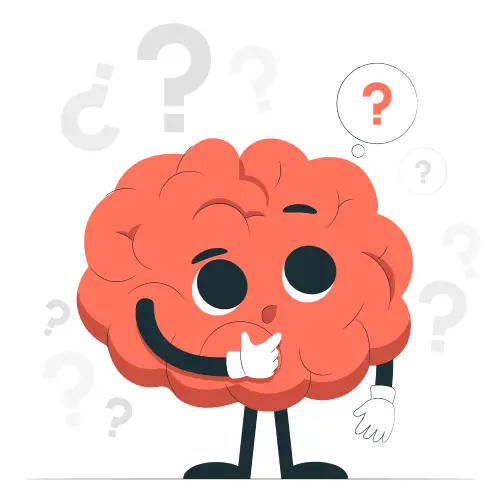Lack of concentration, forgetfulness and a feeling of mental fatigue are some of the signs of cognitive decline associated with covid-19, even in mild cases.
The relationship is still being studied, but techniques are already being used to treat the impacts.
In general, the main symptoms associated with the condition are difficulties with attention and executive tasks (which control thoughts, emotions and actions), physical and mental fatigue, brain fog and memory problems.
Content
ToggleWhat causes it and how to identify it?
The possible causes of cognitive damage are related to the invasion of the virus into the brain, inflammatory processes resulting from Covid-19, hypoxia (lack of sufficient oxygen in the tissues to maintain bodily functions), vascular alterations and sepsis (a potentially fatal complication of an infection).
Diagnosis combines brain imaging and clinical assessment. In many cases, however, it is common for the signs to be related to previous psychological disorders, such as anxiety and depression – common in the context of the pandemic.
Treatment
Although there are no specific protocols for treating cognitive loss associated with Covid-19, initial studies indicate that maintaining approaches already used in associated conditions can help.
In this sense, therapies are individual, shaped by each patient’s difficulties.
The main approaches are cognitive training, which addresses specific difficulties (memory, attention and/or language). The more intense rehabilitation modality extends care by presenting effective solutions for dealing with the demands of everyday life and thus reducing anxiety levels.
When patients with cognitive impairment understand that this may be a sequel to covid-19, it is natural for them to feel relief at having a diagnosis and treatment alternatives.
Understanding the condition is the first step towards creating awareness about it. It’s even common for patients to see some improvement after understanding the condition. This also creates awareness so that they can create a routine in which they can gradually recover their previous functioning.
Normally, people seek help when they have a condition that is affecting their daily lives; they may stop going to work because they can’t cope with the demands.
Conclusion
In the brain, the coronavirus spike is recognized by TLR4 receptors which, in response to the foreign agent, generate inflammation.
At this point, the defense cells, in an attempt to fight the proteins, destroy the synapses of the neurons, which prevents the transmission of information, generating memory loss.
If your memory changed, ask a doctor about it.



